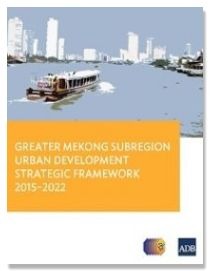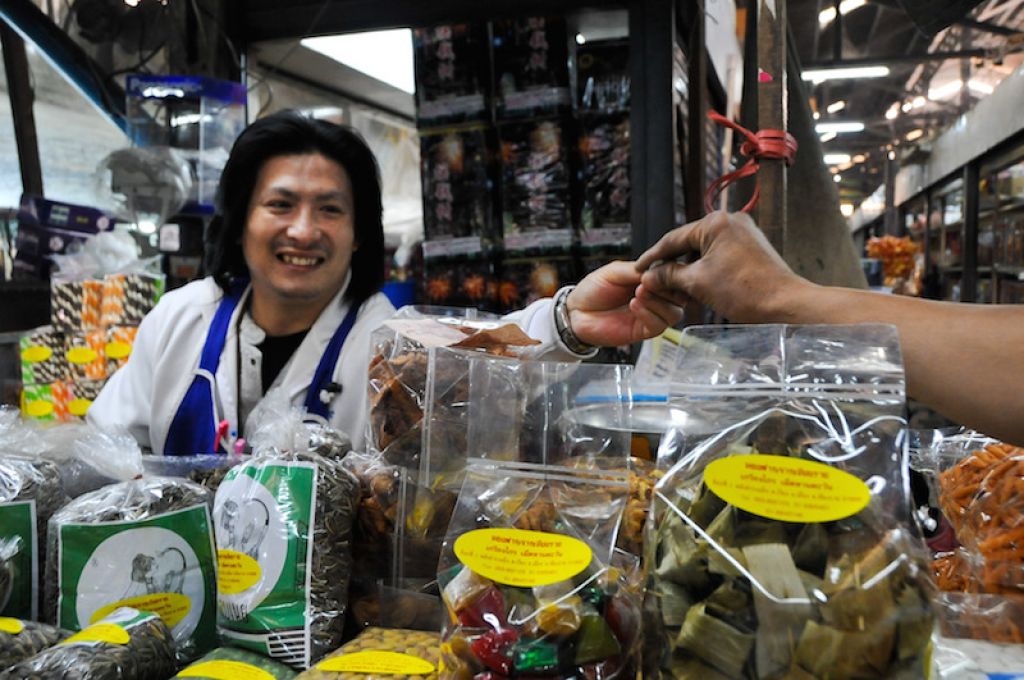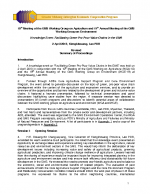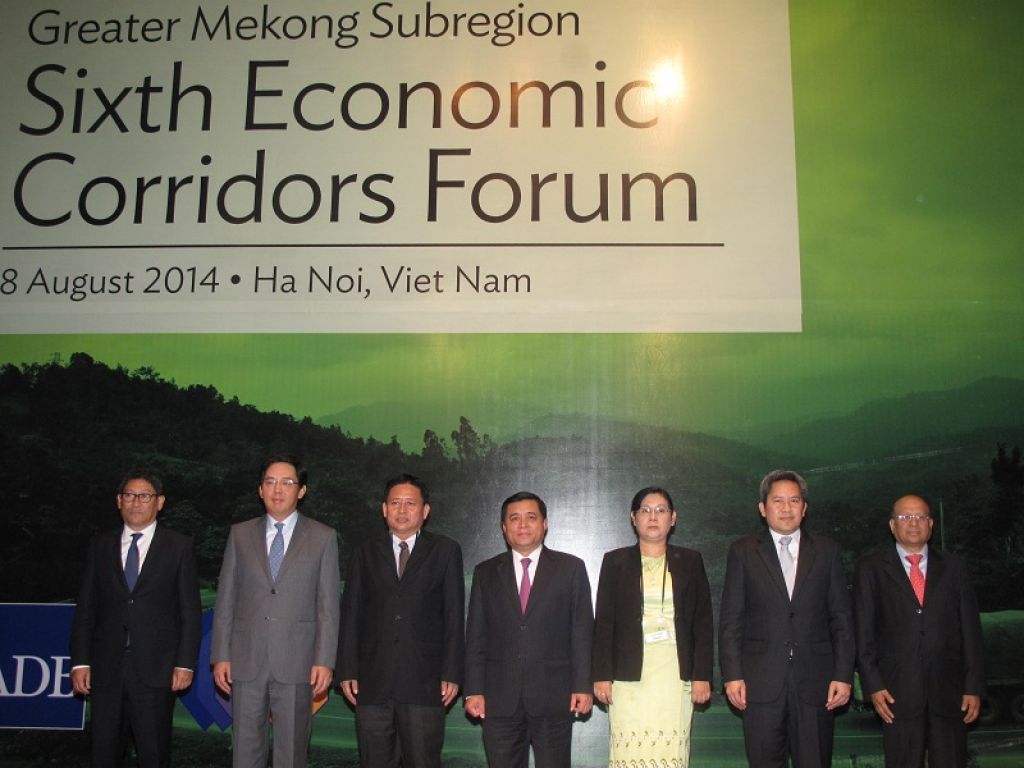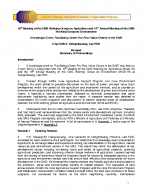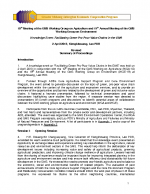(Left to Right) Sok Chenda Sophea, Minister Attached to the Prime Minister, Secretary General Council for Development of Cambodia; Hong Xiao Yong, PRC Ambassador to Viet Nam; Somchith Inthamith, Vice Minister, Ministry of Planning, Lao PDR; Nguyen Chi Dung, Vice Minister, Ministry of Planning and Investment, Viet Nam; Lei Lei Thein, Deputy Minister, Ministry of National Planning and Economic Development, Myanmar; Porametee Vimolsiri, Deputy Secretary General, National Economic and Social Development Board, Thailand; and Bindu Lohani, Vice-President, Knowledge Management and Sustainable Development, ADB. Photo: ADB.
